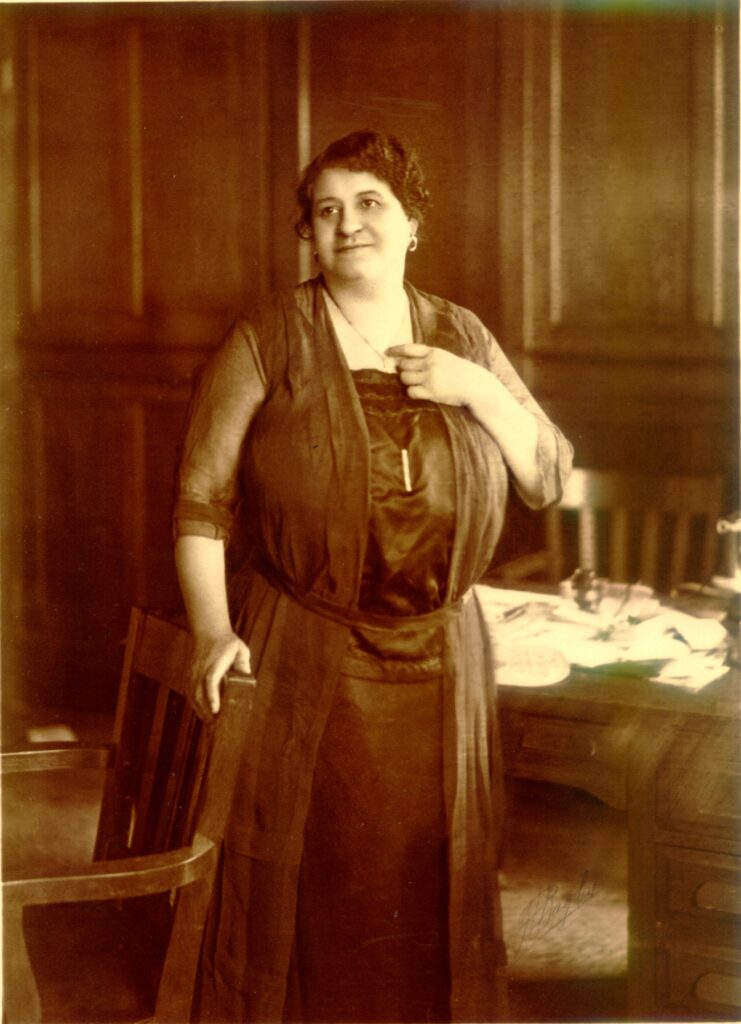In an era when financial institutions routinely denied Black Americans access to home loans and business funding, one woman defied the odds and built a banking empire that transformed Black wealth.
Maggie Lena Walker, the daughter of formerly enslaved parents, became the first Black woman in the United States to own and operate a bank, paving the way for thousands of Black families to achieve financial independence.
Born in 1864 in Richmond, Virginia, Walker understood the systemic barriers keeping Black communities in poverty. She joined the Independent Order of St. Luke, a Black mutual aid society, and recognized a fundamental truth: economic power was the key to true freedom.
Determined to create financial opportunities for her people, Walker founded St. Luke Penny Savings Bank in 1903, making history as the first Black woman to run a U.S. bank.
Her institution was more than just a bank—it was a lifeline. At a time when white-owned banks refused to lend to Black customers, St. Luke Penny Savings Bank provided home loans and business financing, empowering Black entrepreneurs and homeowners. She also broke new ground in hiring, offering Black women leadership roles as accountants and managers—positions largely unavailable to them elsewhere.
Despite facing relentless opposition from white supremacists who sought to sabotage her efforts, Walker’s bank thrived and expanded. She later merged St. Luke Penny Savings Bank with other Black-owned banks, creating Consolidated Bank and Trust—the largest Black-owned bank of its time.

Even during the Great Depression, when financial institutions collapsed across the country, Walker’s bank endured, solidifying her legacy as a trailblazer in Black economic empowerment.
Walker’s resilience extended beyond the boardroom. After an illness left her paralyzed, she continued running the bank from a wheelchair, proving that no obstacle could halt her mission. Her leadership helped thousands of Black families secure financial stability, own homes, and build generational wealth.
More than a banker, Maggie Lena Walker was a movement. She showed that Black people could control their own financial futures and that Black women could lead the way in shaping economic progress. Her impact remains deeply felt today, reminding us that Black history is one of brilliance, resilience, and unstoppable ambition.
